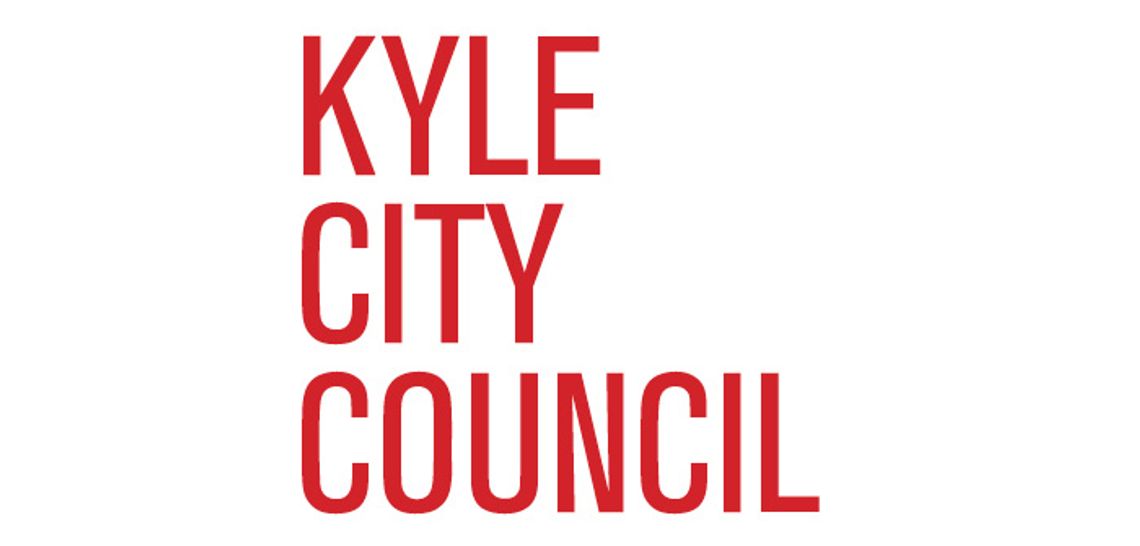Updating procedures on how Kyle determines stipends and pay for its city leaders was approved by voters Nov. 6.
The item was one of several propositions calling for language changes to the Kyle city charter. Of the seven total propositions on the ballot Nov. 6, all but one were approved.
Changes include allowing the city council to adjust their salary and compensation, deferring the appointments of law enforcement personnel to Kyle’s Police Chief and requiring state law to govern various election operations. Many of these changes are procedures council already follows, but are “miswritten” in the charter, according to city leaders.
Kyle residents only voted down one proposition, which called for council to have less than a quorum to approve canvassing election results. Per the current Kyle city charter, a quorum consists of three or more city council members. However, the charter allows for as few as two council members to approve election results.
The greatest impact these propositions will have is with a section allowing the city council to set and adjust their salary once every three years after holding two public hearings and receiving recommendation from a committee.
The charter currently prevents all members from receiving an increase or decrease in monthly salary at the same time. According to the current charter, one council member could be paid more than another for the same position. The new procedure will allow changes to salary to be equitable across the dais. Council members receive $100 monthly while the mayor receives $200.
Mayor Travis Mitchell said the other changes to the charter will not be significant, but will allow for more consistency in its wording. The Kyle City Charter was written in 2002; according to the mayor, the charter often contradicts itself. The charter will now match practices currently in place.
“The charter has some parts that are paradoxical, and these propositions aimed to fix the language,” Mitchell said. “We’re going to continue as usual, but now the charter will make sense.”
The failed proposition will likely be tried again in the future, Mitchell said.
“I think the wording on that one confused people,” Mitchell said. “We’ve always canvassed elections the way we are required to, but the charter isn’t accurate. We’ll probably try it as a proposition again in the future.”











